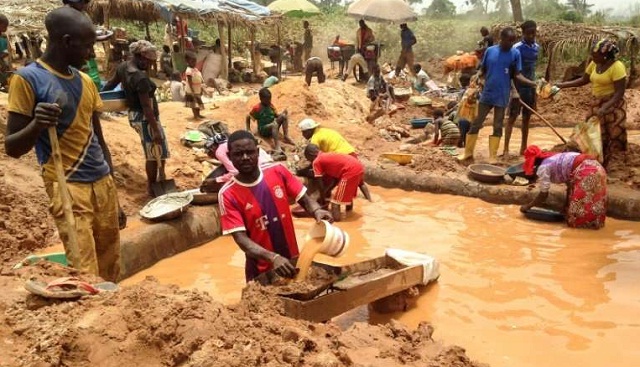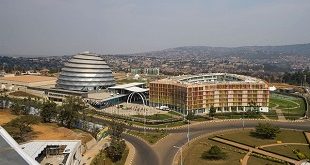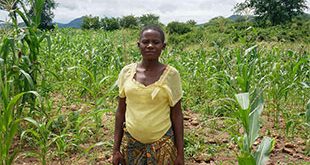
The Kaye mine in Betare Oya, begun by a Chinese firm, has temporarily stopped operations while the company brings in bigger machines to exploit poorer seams.
But women with babies on their backs are busy sifting through the red soil while a young man down a narrow hole strikes the earth with a pickaxe.
“They don’t think about the risk of an accident,” says a security guard astride a motorbike. A policeman by training, the guard has been hired to disperse the amateur gold diggers.
“If there are accidents, they’ll blame the Chinese,” he said. “Even when someone is buried when their hole collapses, people come back the following day.”
“We live with the risk,” said local resident Daoudou Denis dismissively, as he scoured the earth.
– Environment also pays –
As well as the human cost, the gold rush has been “an ecological disaster” for the region, said Foder spokesman Justin Chekoua.
Degraded soil, deforestation and altered watercourses have swept away important parts of the ecological mix.
“People did a lot of fishing on mining territory, but there are no fish left. The waterways have silted up,” Chekoua said.
“There is no more arable land,” said Michel Pilo, head of Mali village. Tomatoes, plantain and cassava which used to be grown locally now come from far away — the areas where they used to be cultivated have been razed for mining.
“The companies have built no school, no health centre, no roads, they just exploited us,” said Philo.
The Betare Oya district should have collected more than 850 million CFA francs (1.3 million euros, $1.6 million) in mining royalties since 2014 but had received nothing to date, according to district official Phausard.
 The Independent Uganda: You get the Truth we Pay the Price
The Independent Uganda: You get the Truth we Pay the Price



